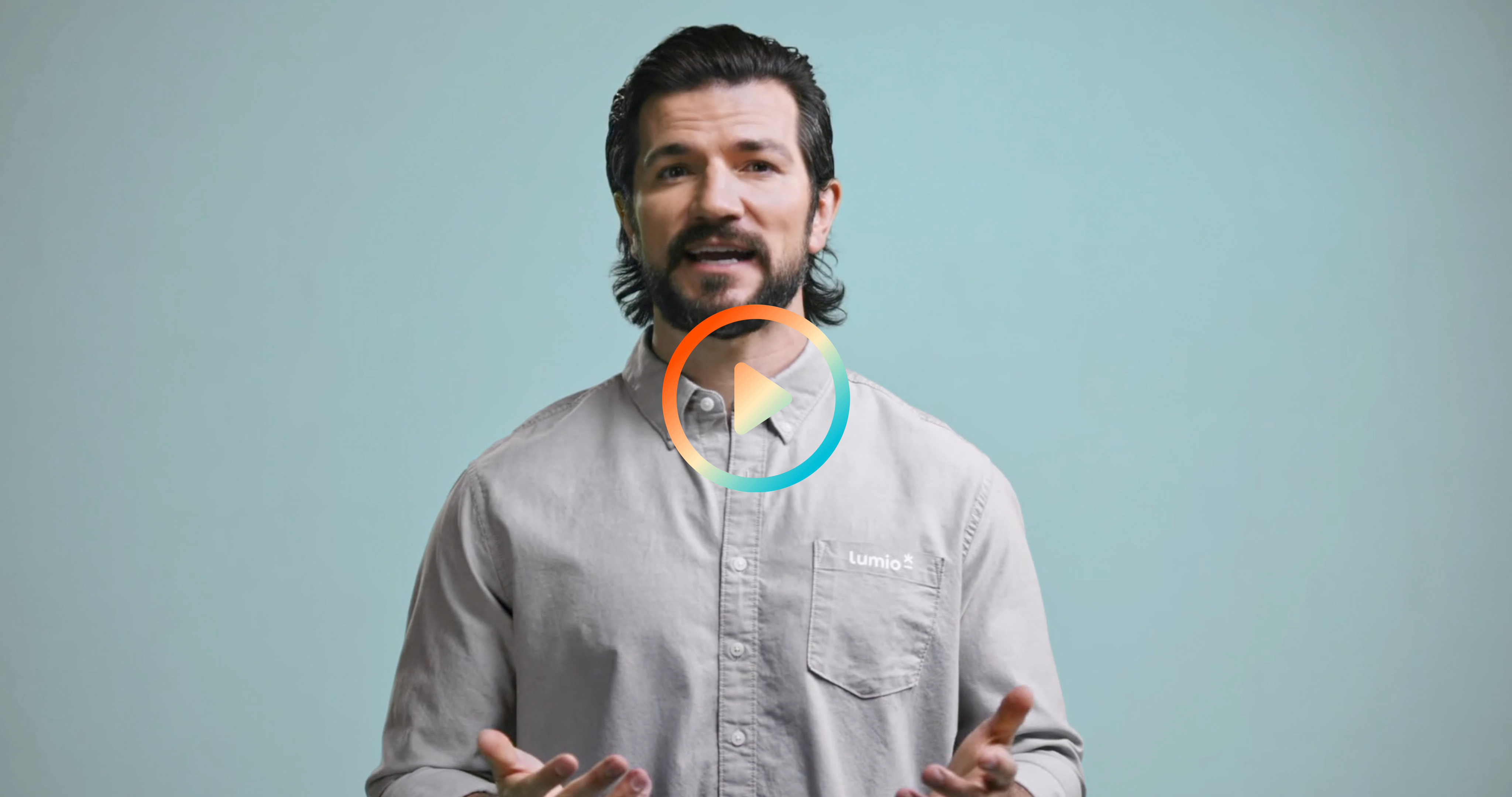Renting Out Your Home With Solar?
Excited tenants, clean power, tax benefits, and a happy landlord.

by Kevin Wallace
5 min read - Published on 05/10/2022
Investing in residential solar panels for your rental property is a great way to increase the value of your property and also lock in a lower energy rate for as long as you own the home. You might think solar panels may seem complicated to potential tenants and scare them away from your property, but in most cases, solar panels improve your chances of securing a long-term occupant since they will be able to inherit benefits of going solar without doing a thing!
Renting a Home With Solar Panels is Simple
Millions of homeowners rent out their homes on sites such as Airbnb, VRBO, or through property management and realty companies. Renting out your extra property can help cover the mortgage expenses of the home as you build long-term equity in your investment.
When it comes to switching your rental property to solar—we will take care of all the heavy lifting during the permitting, inspections, and installation. You can rest assured knowing your investment will be taken care of. There should be no significant changes when it comes to how your renters pay to keep the lights on while you are making money renting out your property.
How Solar Energy Works for a Multi-Unit Rental Property
If you own a multi-family property and your tenants pay their own individual electric bills, you may need to have more than one power meter installed to measure the energy consumption for each unit. As we dive into creating your custom solar plan it is our job to make sure we have a clear understanding of your specific needs upfront which will limit the amount of re-work and help the process move along without too many unexpected hiccups.
Attract More Tenants
Tenants leasing a home with solar panels get to help the environment and save money from the day they move in—which is a pretty sweet benefit!
Installing solar panels on your rental property shows potential renters that you take your job as a landlord seriously and you are dedicated to making sure the home is up-to-date and running smoothly. Having state-of-the-art appliances and equipment, like solar, makes your home more attractive to the savvy renter and may help reduce tenant turnover.
Qualify for Investment Tax Credits
Homeowners who install solar systems on their homes may be eligible for a federal tax credit that can create a non-refundable tax credit for 26% of the total cost of a solar panel system installed in 2022.
Increase the Property Value
Solar panels installed on your rental property can help you attract more discerning applicants as well as boosting the value of your home. The national average falls between 3-5%—that’s a boost of $12,000 for a $300,000 home!
This increase in value can also help to offset the cost of the system on paper. The extra cash generated from selling your home can go straight into your bank account.
Increase the Longevity of the HVAC System
Solar panels on a roof absorb a good portion of the heat from the sun which will reduce the temperature in the attic allowing you to use less power to spin up the AC unit quite as often during those summer months. Less use should equal less maintenance and longer lifecycle for your expensive HVAC systems.

What Property Owners Should Consider Before Renting Out a Home With Solar
Don’t worry—we’ll help you along this journey and make sure you have all the answers you need, but let’s go over a few items worth considering before you make the switch to solar on your rental property.
Roof Condition
Most residential solar panels will last at least 25 years, but a typical asphalt shingle roof lasts 15 to 20 years. Because the solar will outlast the roof, you may want to consider replacing your roof before moving forward with the solar installation.
If you’re not sure whether to replace the roof or make repairs to extend its lifespan, it doesn’t hurt to have it inspected by a professional.
Time for some good news—if it turns out that you need a new roof in order to support a solar installation (in most states) we’re able to connect you with one of our approved contractors, and you are able to roll the new roof cost into the price of your solar project!
Remember that Investment Tax Credit? If you lump the cost of your new roof for the rental property into your solar project and complete installation before the end of the year chances are you’ll qualify to get 26% of that cost back as a tax credit. Talk about a win-win.
Who Will Pay the Electric Bill?
In most states, solar-powered homes are still required to be connected to the local power grid. Backup connection to the power grid allows you to pull power in the evening, or on cloudy days when your system might not be able to generate the power you need.
This grid connection also allows you to participate in any available Net Metering programs in your area. Learn more about Net Metering here.
As far as who gets to pay the electric bill—every situation is different, but normally the homeowner will take care of the solar loan payment and the renter will happily pay the small bill for the power company for the backup energy they use, but we’ll let you figure out what works best in your situation when it comes to billing!
Inspections and Maintenance
Solar panels don’t require much maintenance, but they should probably be inspected a few times a year. Residents and landlords should also be aware of potential problems.
Leaves, pine needles, or bird nests can accumulate on or underneath panels, and it is important to remove this debris regularly so that it doesn’t interfere with the function of your system. Rain usually works well to rinse smaller particles off the surface of the solar panels, but sometimes you may need to inspect the roof. Hiring a professional for this task reduces the tenant’s and landlord’s liability.
Thick layers of snow can also affect a solar panel’s functioning, but most light dustings shouldn’t have much of a negative effect. Solar panels usually emit just enough heat from the absorbed sunlight to melt the snow. The tilt or angle of the panels allows snow to slide off once it starts to melt, and it may be a good idea to cover walkways that might be hit by the mini snow avalanche sliding down the side of your roof!
In addition to regular monitoring, you should have the solar panels inspected once a year. Regular maintenance will help to prevent potential problems and increase the longevity of your system.
What Happens if the Solar on Your Rental Property Malfunctions?
While this situation is pretty rare, it’s important to provide your tenants with the correct contact information if they experience problems with the system. This is where we will happily chat with your renter, and set up a convenient time to come out to the home to find the issue and get your system back up and running as soon as possible.
It’s important to keep an eye on the production of your system and if you see any irregularities just give us a ring. We’ll help troubleshoot your system and, if necessary, get a home visit scheduled.
Make Power Personal: Install Solar on Your Investment Property
Bottom line: investing in your investment property by adding solar makes a ton of financial sense right now considering the tax benefits, increased value of your home, and peace of mind for your tenants.
Give us a call and let’s see what your rental home would look like with a sweet solar upgrade. Fill out the form below, or shoot us a text and we’ll be happy to walk you through the process.

